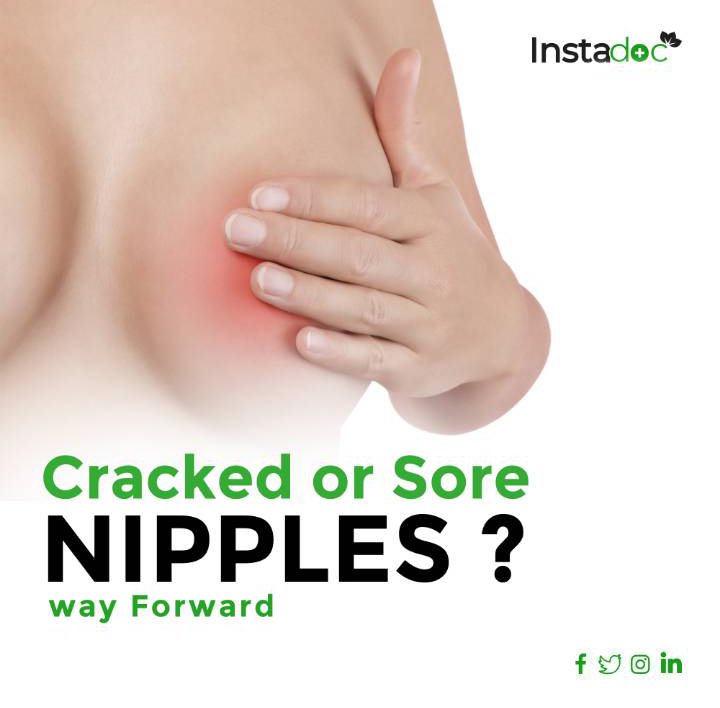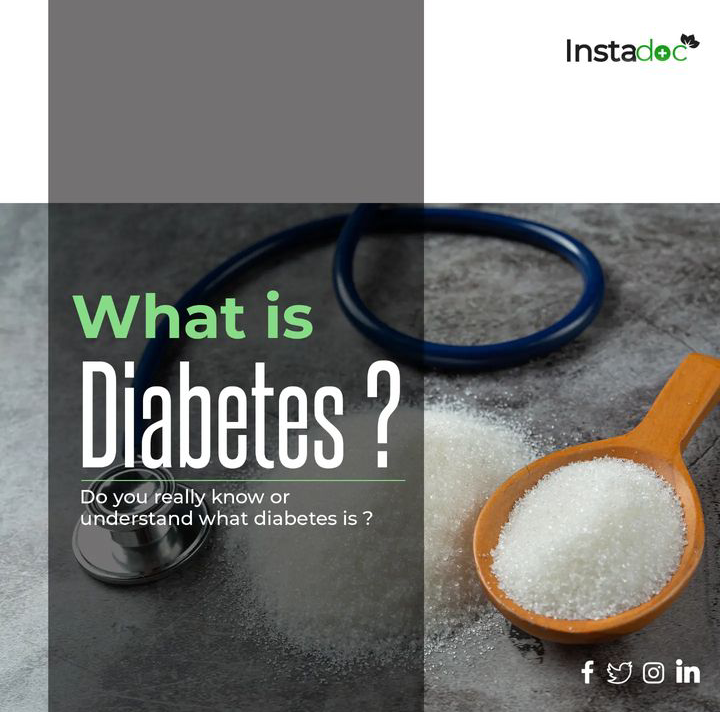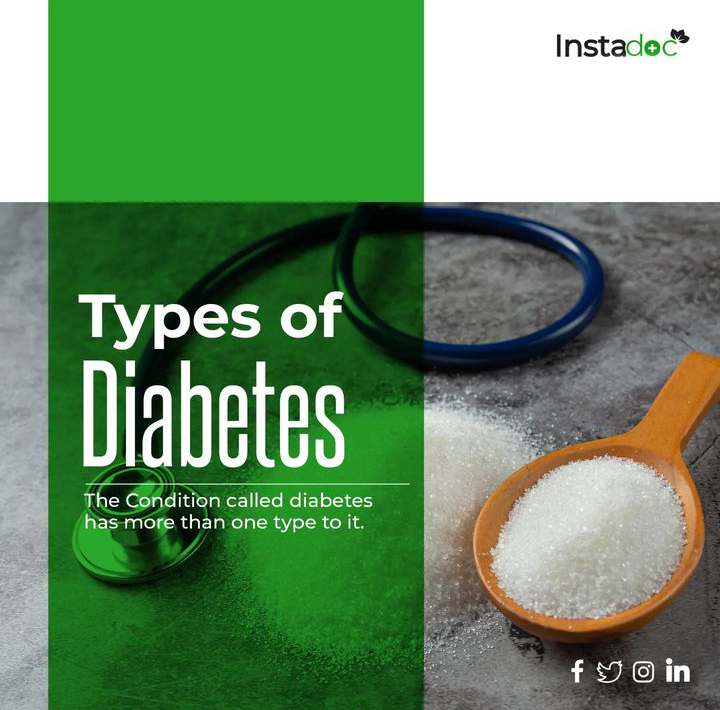CRACKED OR SORE NIPPLES? .....WAY FORWARD
- 2 years ago
- 0 Comments
- Maternal and child
CRACKED OR SORE NIPPLES?...WAY FORWARD
One of the early challenges that a nursing mum faces, mostly first- time mums, is sore or cracked nipples. This is quite common.
It happens as a result of poor positioning of the baby, and sometimes, poor attachment to the breast.
There is usually some degree of "help" for a nursing mum, especially that coming from experienced mothers. Deciding on which advice to follow may also be challenging, hence this post.
The aim of this post is to provide tested, proven and accurate solution to these mothers. You want to get it RIGHT AT ONCE.
Here are the things you should do if you notice sore or cracked nipples, so as to avoid complications such as infection of breast tissue(mastitis).
- Ensure that the baby latches on, or attaches to the breast, properly.
- Apply expressed breast milk on the nipples after a feed or bath, air-dry afterwards
- Use different positions while breast-feeding, such as lying on your side, under-arm hold; because this moves pressure to different parts of the nipple.
- Keep the nipples clean and dry, but do not use soap on the nipples.
- Expose the breast to sunshine for 10 minutes 2-3 times a day.
- Start feeding with the breast that is less sore.
- Do not stop breast-feeding. The baby can suck from a nipple that is bleeding, EXCEPT FOR HIV POSITIVE MOTHERS.
- If the mother is HIV positive, she should not breast feed her baby on a bleeding nipple. If she has a cracked nipple that bleeds, she should express and discard the milk from that breast until the crack heals. Thereafter, the baby can start feeding from both breasts.
- The mother can only discontinue breast-feeding to rest the nipple for 24 hours in VERY SEVERE cases. During this time, she should express breast milk from the affected breast. She can cup-feed the baby with the expressed breast milk while also breast feeding from the breast with no sore nipple.
If the problem persists however, then you need to visit your doctor. There may be something you are not getting right.
I hope this post was helpful.






Comments (0)